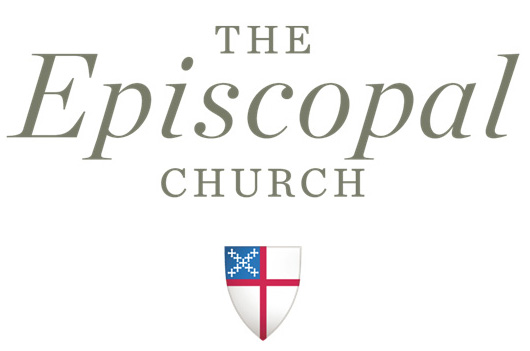Recently, the Crusty Old Dean published a blog post on ageism in the church. He was responding to the age demographics of the nominees put forward by the Joint Nominating Committee. COD noted that “60% of the nominees were over the age of 60, and 81% were over the age of 50.” His theory is that this is due to systemic ageism against young people. As a young Episcopalian myself, I can vouch for there being a lot of obstacles in our paths to being more involved in the church. We watch the same (older) people get nominated at all levels again and again, from vestries to commissions and boards at the international level. We are told we don’t have the experience, or are just plain ignored, passed over by nominating committees. We are told we need “life experience” before being ordained, as if life suddenly stops and no more experience is accrued after ordination.
It’s as if youth itself was not another perspective that has value in its own right. I don’t want to say that young people are more progressive automatically than their elders, because that isn’t true. But young people tend to be at the forefront of such movements as marriage equality, trans* inclusion, paperless General Convention, and so on. Young people are often more open to new ideas, more ready to try new solutions to old problems. However, we aren’t going to throw all tradition out the window; in fact, most Episcopalians I know that are around my age are more traditional and high church than our parents’ generation. But we aren’t so entrenched in our ideas that the idea of change is terrifying. Perhaps as we begin to explore the issues of prayer book and hymnal revision, it would be good to have some young people at the helm who are open to such change. All of this is to say, youth is, in itself, an experience that has value, and its voice is worth hearing. We can bring something to the table NOW, not just at some point in the future. In order for the church to best serve and attract young people, it needs more young people in positions of authority.
Ageism is, however, a double-edged sword. Society as a whole discredits older people, ignoring them and devaluing their contributions. Older women in particular are told their worth degrades as they age past whatever the magic number is now. People in nursing homes suffer indignities such as having their belongings stolen, while aging people outside of homes may find themselves neglected and alone, sometimes in dangerous situations, like falling. Some older members of the church feel that it is the one place their voice is heard in a loud world that hurtles onwards. And it is true that age and experience have value: “older and wiser” isn’t just a saying.
So how do we solve the problem of a lack of representation for young people without shunting the older generations into the outer darkness where there is weeping and wailing and gnashing of teeth? I don’t have an answer, but it is a question the church must wrestle with. I don’t think it’s quite as simple as Crusty makes it out to be, but his point stands. The lack of diversity in TEC and in its seats of power is a fundamental problem, and it must be solved at something quicker than our usual glacial pace for change.

